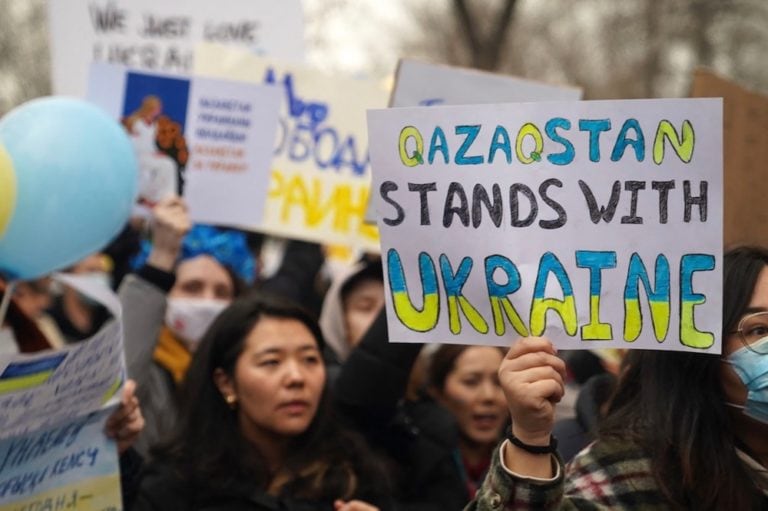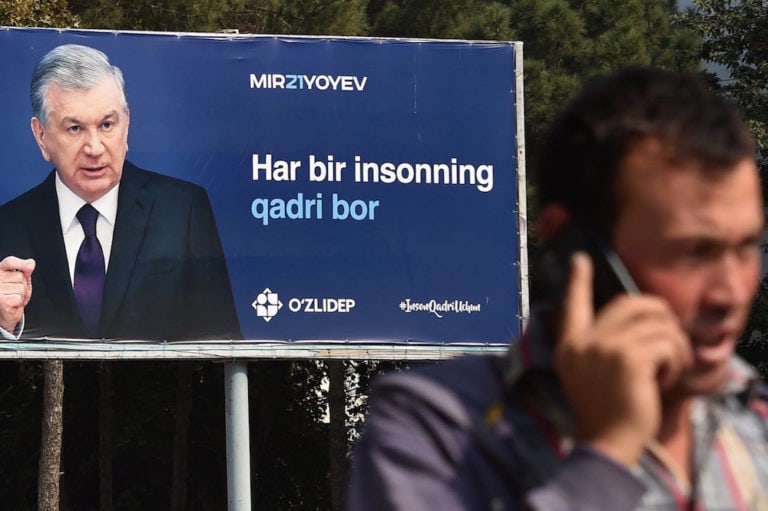(Adil Soz/IFEX) – The following is a joint statement by Adil Soz and The International In-Service Training Center for Journalists: Adil Soz expresses concern over the new accreditation procedure being imposed by the Uzbekistan government on local and foreign journalists. The new accreditation rules, contained in the government decree of 24 February 2006, “On adopting […]
(Adil Soz/IFEX) – The following is a joint statement by Adil Soz and The International In-Service Training Center for Journalists:
Adil Soz expresses concern over the new accreditation procedure being imposed by the Uzbekistan government on local and foreign journalists. The new accreditation rules, contained in the government decree of 24 February 2006, “On adopting basic rules, regulating professional activities of correspondents for foreign mass media,” put additional restrictions on both foreign journalists and local journalists who work for foreign media outlets.
Uzbek journalists working for foreign media will have to register with the tax authorities in addition to registering with the Foreign Ministry. Under the decree, such journalists are obliged to provide all details about their personal finances to the tax authorities. The decree also bans any journalist “representing a foreign media outlet” from working without prior accreditation; to do so will be considered an offence punishable by the law.
Journalists believe the controversial decree contradicts the Uzbek Constitution and international agreements ratified by the country. By prohibiting unaccredited foreign journalists from carrying out their professional activities – that is, searching for, receiving and imparting information – the decree contradicts article 29 of the Uzbek Constitution (“journalists’ professional activities”) and article 19 of the UN Declaration of Human Rights.
Another provision of the decree prohibits “foreign correspondents from promoting the overthrow of the constitutional order; damaging the integrity of the state; promoting war, violence, national, racial and religious enmity; intervening in the internal affairs of the state; insulting the honor and dignity of its citizens . . . ” Many journalists believe this provision will threaten their working conditions, as it leaves wide scope for interpretation and provides authorities an additional opportunity to prosecute any foreign journalist for criticism.
Adil Soz believes the decree represents a threat to the creative independence of foreign journalists and constitutes an attempt at censorship.


